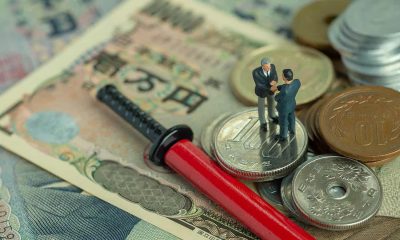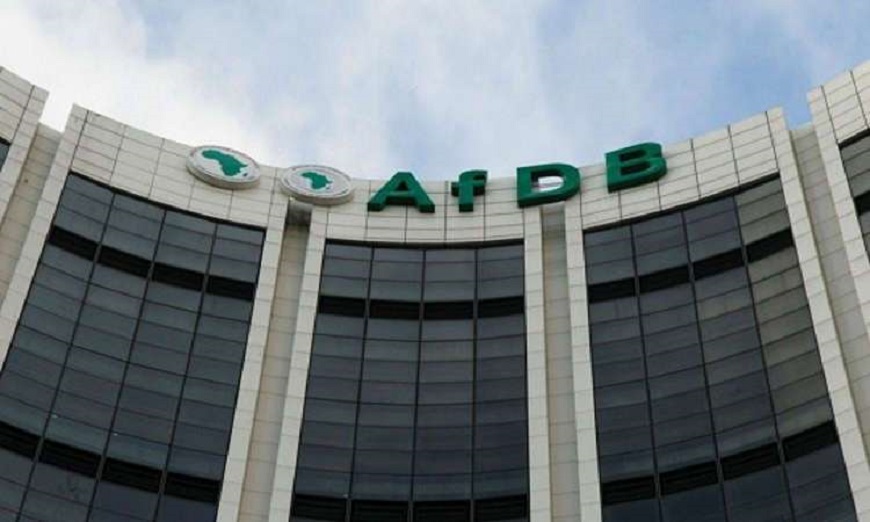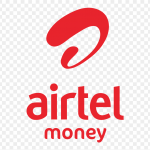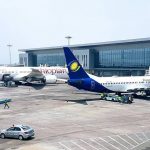Economy
AfDB Anticipates EU-Like Regional Integration for Africa
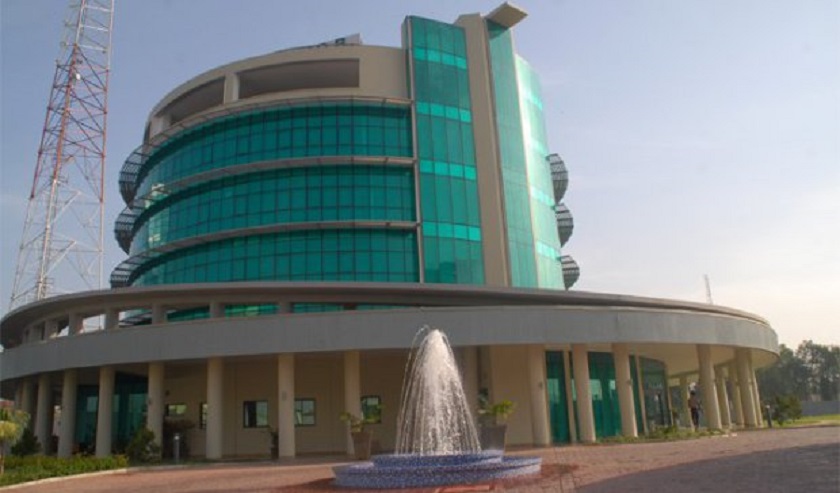
By Adedapo Adesanya
The African Development Bank (AfDB) is envisioning a regional integration in Africa, along the lines of the European Union (EU), according to the Vice-president of the Bank for regional development, integration and business delivery, Mr Khaled Sherif.
This disclosure was made by Mr Sherif during an interview with The Arab Weekly, who said the purpose of creating the bank was to support development plans in African nations, especially at times when such projects did not receive sufficient support from organisations like the World Bank or the International Monetary Fund (IMF).
According to him, the AfDB’s largest shareholders are Nigeria, Egypt, South Africa and Morocco, but the bank also receives investment from the United States, France, Germany and Nordic countries like Norway, Sweden, Finland, and Denmark.
He also revealed that investment also come from non-Western countries like China, South Korea, India and Japan, which are all shareholders in the bank.
“Western countries want to ensure there won’t be a huge flow of immigrants from Africa to Europe. They want to create the conditions where Africans stay where they are,” said the VP.
This and more were reasons why there was advocacy for regional integration in Africa, something modelled along the lines of the European Union (EU0 in Europe.
“We push for freedom of movement and for having a common currency,” said Mr Sherif. “We are working with the African Union for continental free trade.” He said.
Speaking on means through which the bank is supporting the continent, the VP said the bank monitors how its funds are spent, “When we give assistance, we monitor, we don’t just write a check. We have to account for it to our investors.”
He noted that were occasions when the bank does not fund projects but offers governments advice based on feasibility studies carried out by the bank, adding that they also help direct businesses towards what it considers, successful strategies.
Speaking on the loan strategy of the bank, Mr Sherif said that it was basically “free money” because the bank’s objective was not to make money, as evident in its long term loans which generally span 20-50 years with 1-2 percent interest rates.
“The bank’s objective isn’t to make money. There are 600 million people without power in Africa; the bank’s primary mandate is to light up Africa, to feed Africa, to improve the quality of life for its people, agriculture and industry,” he said.
It was revealed that most of the money is given to governments, to fund energy, water and sanitation, as well as general infrastructure projects. The rest goes to no-sovereign parties, which include lines of credit to businesses and entrepreneurs.
He added that the bank encourages businesses to trade or export in the same region, whether immediate neighbours or in the continent as a whole, clarifying that the aim is to boost production in order to promote industrialsation.
Regarding investment on the continent, Mr Sherif noted that security was a major concern adding that conditions like youth unemployment made the environment susceptible to radicalism.
He also added that the bank was interested in alleviating vulnerable women on the continent and also provide feasible alternatives to coal in promotion of cleaner energy.
Economy
LIRS Shifts Deadline for Annual Returns Filing to February 7
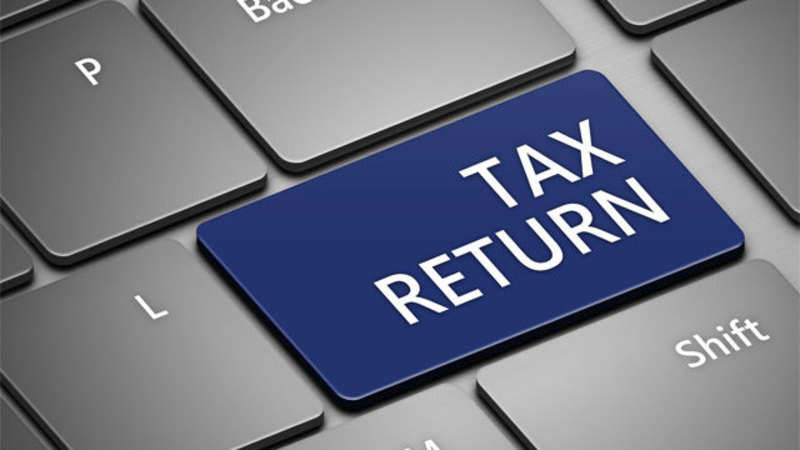
By Aduragbemi Omiyale
The deadline for filing of employers’ annual tax returns in Lagos State has been extended by one week from February 1 to 7, 2026.
This information was revealed in a statement signed by the Head of Corporate Communications of the Lagos State Internal Revenue Service (LIRS), Mrs Monsurat Amasa-Oyelude.
In the statement issued over the weekend, the chairman of the tax collecting organisation, Mr Ayodele Subair, explained that the statutory deadline for filing of employers’ annual tax returns is January 31, every year, noting that the extension is intended to provide employers with additional time to complete and submit accurate tax returns.
According to him, employers must give priority to the timely filing of their annual returns, noting that compliance should be embedded as a routine business practice.
He also reiterated that electronic filing through the LIRS eTax platform remains the only approved method for submitting annual returns, as manual filings have been completely phased out. Employers are therefore required to file their returns exclusively through the LIRS eTax portal: https://etax.lirs.net.
Describing the platform as secure, user-friendly, and accessible 24/7, Mr Subair advised employers to ensure that the Tax ID (Tax Identification Number) of all employees is correctly captured in their submissions.
Economy
Airtel on Track to List Mobile Money Unit in First Half of 2026—Taldar
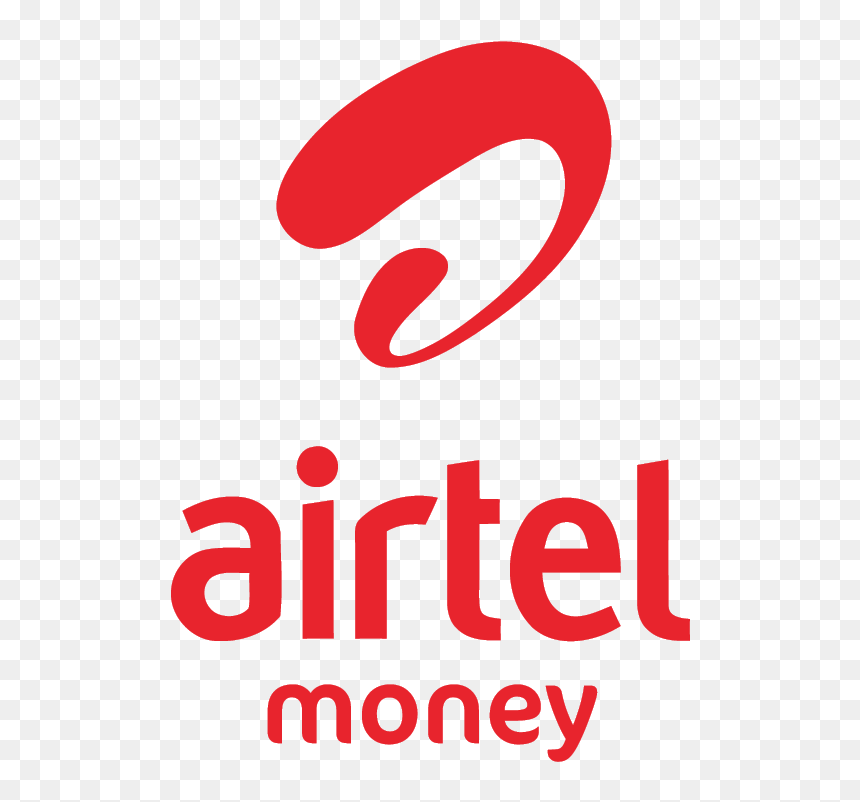
By Adedapo Adesanya
The chief executive of Airtel Africa Plc, Mr Sunil Kumar Taldar, has disclosed that the company is still on track to list its mobile money business, Airtel Money, before the end of June 2026.
Recall that Business Post reported in March 2024 that the mobile network operator was considering selling the shares of Airtel Money to the public through the IPO vehicle in a transaction expected to raise about $4 billion.
The firm had been in talks with possible advisors for a planned listing of the shares from the initial public offer on a stock exchange with some options including London, the United Arab Emirates (UAE), or Europe.
However, so far no final decisions have been made regarding the timing, location, or scale of the IPO.
In September 2025, the telco reportedly picked Citigroup Incorporated as advisors for the planned IPO which will see Airtel Money become a standalone entity before it can attain the prestige of trading on a stock exchange.
Mr Taldar, noted that metrics continued to show improvements ahead of the listing with its customer base hitting 52 million, compared to around 44.6 million users it had as of June 2025.
He added that the subsidiary processed over $210 billion in a year, according to the company’s nine-month financial results released on Friday.
“Our push to enhance financial inclusion across the continent continues to gain momentum with our Mobile Money customer base expanding to 52 million, surpassing the 50 million milestone. Annualised total processed value of over $210 billion in Q3’26 underscores the depth of our merchants, agents, and partner ecosystem and remains a key player in driving improved access to financial services across Africa.
“We remain on track for the listing of Airtel Money in the first half of 2026,” Mr Taldar said.
Estimating Airtel Money at $4 billion is higher than its valuation of $2.65 billion in 2021. In 2021, Airtel Money received significant investments, including $200 million from TPG Incorporated at a valuation of $2.65 billion and $100 million from Mastercard. Later that same year, an affiliate of Qatar’s sovereign wealth fund also acquired an undisclosed stake in the unit.
The mobile money sector in Africa is expanding rapidly, driven by a young population increasingly adopting technology for financial services, making the continent a key market for fintech companies.
Economy
Crypto Investor Bamu Gift Wandji of Polyfarm in EFCC Custody
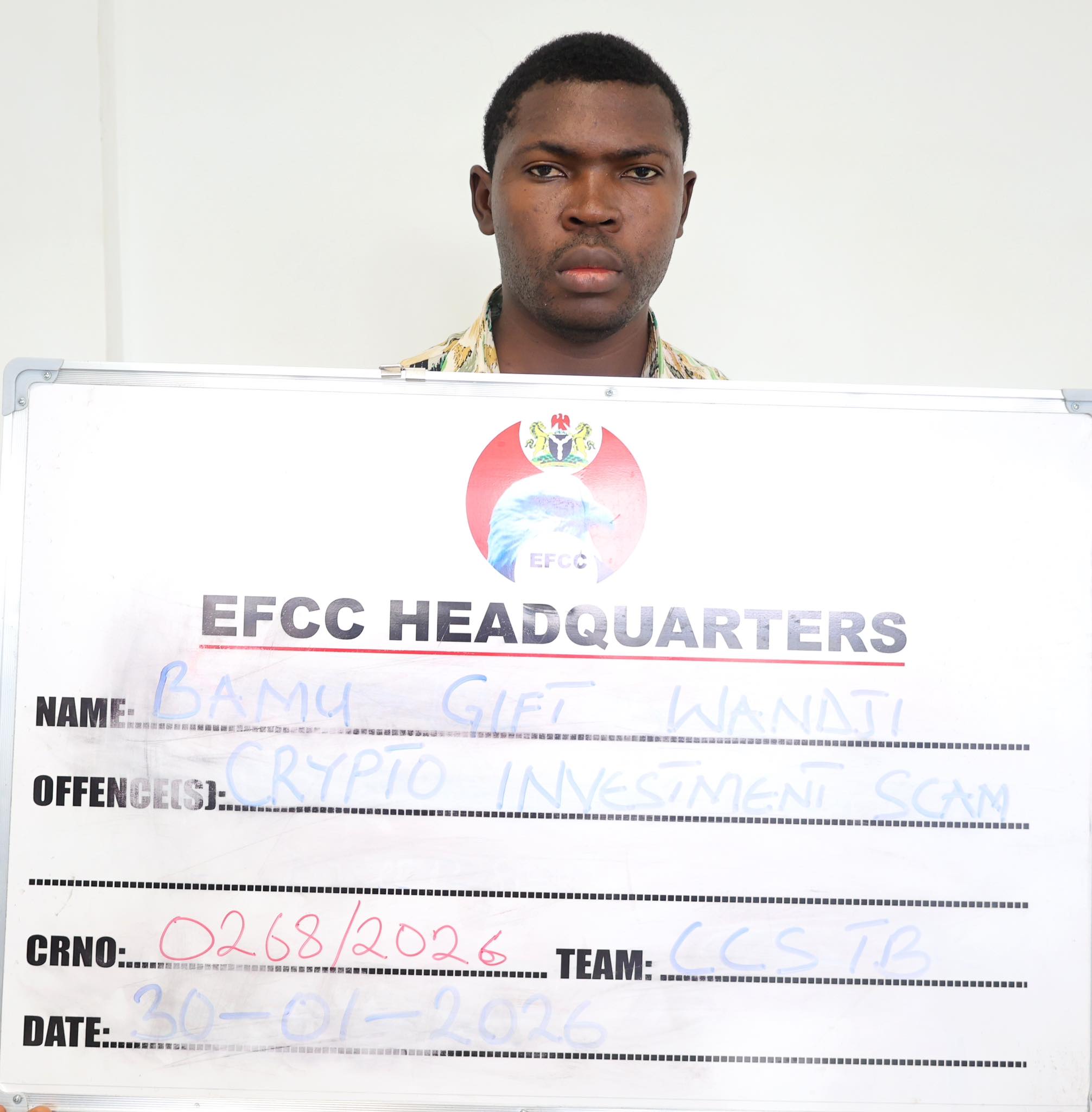
By Dipo Olowookere
A cryptocurrency investor and owner of Polyfarm, Mr Bamu Gift Wandji, is currently cooling off in the custody of the Economic and Financial Crimes Commission (EFCC).
He was handed over to the anti-money laundering agency by the Nigerian Security and Civil Defence Corps (NSCDC) on Friday, January 30, 2026, after his arrest on Monday, January 12, 2026.
A statement from the EFCC yesterday disclosed that the suspect was apprehended by the NSCDC in Gwagwalada, Abuja for running an investment scheme without the authorisation of the Securities and Exchange Commission (SEC), which is the apex capital market regulator in Nigeria.
It was claimed that Mr Wandji created a fraudulent crypto investment platform called Polyfarm, where he allegedly lured innocent Nigerians to invest in Polygon, a crypto token that attracts high returns.
Investigation further revealed that he also deceived the public that his project, Polyfarm, has its native token called “polyfarm coin” which he sold to the public.
In his bid to promote the scheme, the suspect posted about this on social media platforms, including WhatsApp, X (formally Twitter) and Telegram. He also conducted seminars in some major cities in Nigeria including Kaduna, Lagos, Port Harcourt and Abuja where he described the scheme as a life-changing programme.
Further investigation revealed that in October, 2025, subscribers who could not access their funds were informed by the suspect that the site was attacked by Lazarus group, a cyber attacking group linked to North Korea.
Further investigations showed that Polyfarm is not registered and not licensed with SEC to carry out crypto transactions in Nigeria. Also, no investment happened with subscribers’ funds and that the suspect used funds paid by subscribers to pay others in the name of profit.
Investigation also revealed that native coin, polyfarm coin was never listed on coin market cap and that the suspect sold worthless coins to the general public.
Contrary to the claim of the suspect that his platform was attacked, EFCC’s investigations revealed that the platform was never attacked or hacked by anyone and that the suspect withdrew investors’ funds and utilized the same for his personal gains.
The EFCC, in the statement, disclosed that Mr Wandji would be charged to court upon conclusion of investigations.
-

 Feature/OPED6 years ago
Feature/OPED6 years agoDavos was Different this year
-
Travel/Tourism9 years ago
Lagos Seals Western Lodge Hotel In Ikorodu
-

 Showbiz3 years ago
Showbiz3 years agoEstranged Lover Releases Videos of Empress Njamah Bathing
-

 Banking8 years ago
Banking8 years agoSort Codes of GTBank Branches in Nigeria
-

 Economy3 years ago
Economy3 years agoSubsidy Removal: CNG at N130 Per Litre Cheaper Than Petrol—IPMAN
-

 Banking3 years ago
Banking3 years agoSort Codes of UBA Branches in Nigeria
-

 Banking3 years ago
Banking3 years agoFirst Bank Announces Planned Downtime
-

 Sports3 years ago
Sports3 years agoHighest Paid Nigerian Footballer – How Much Do Nigerian Footballers Earn


